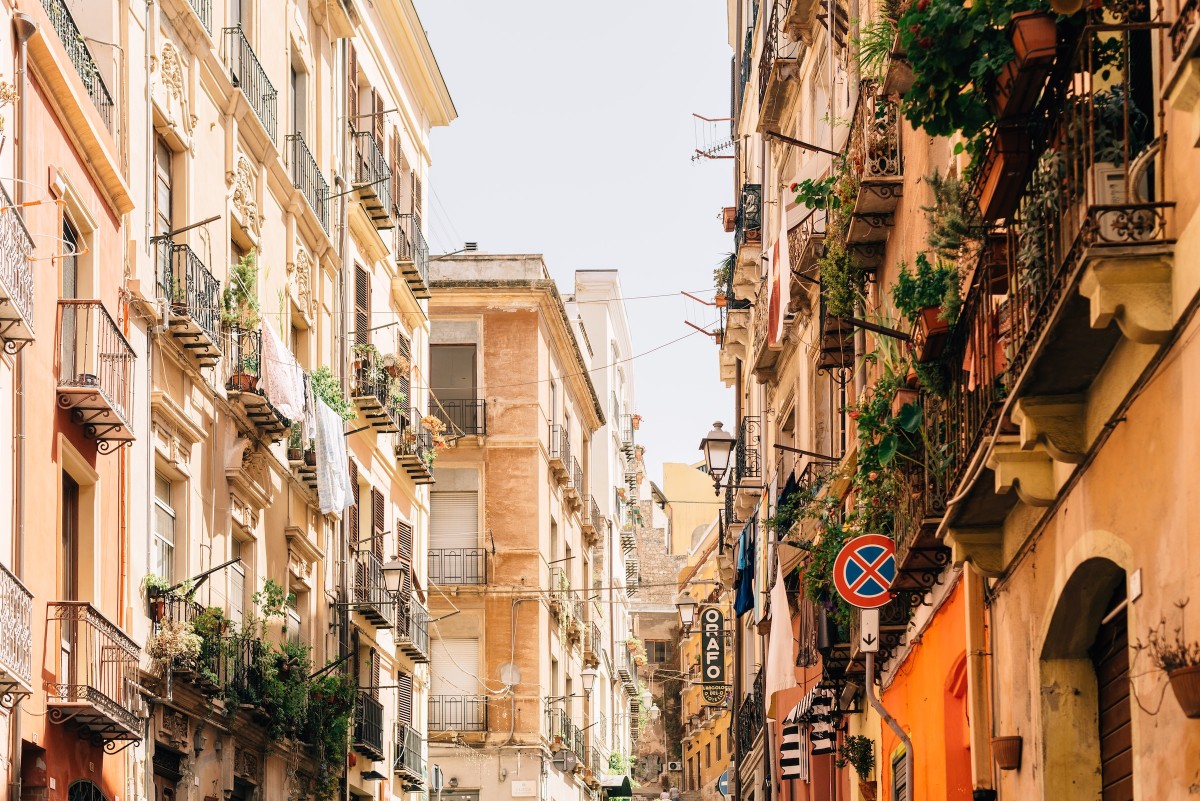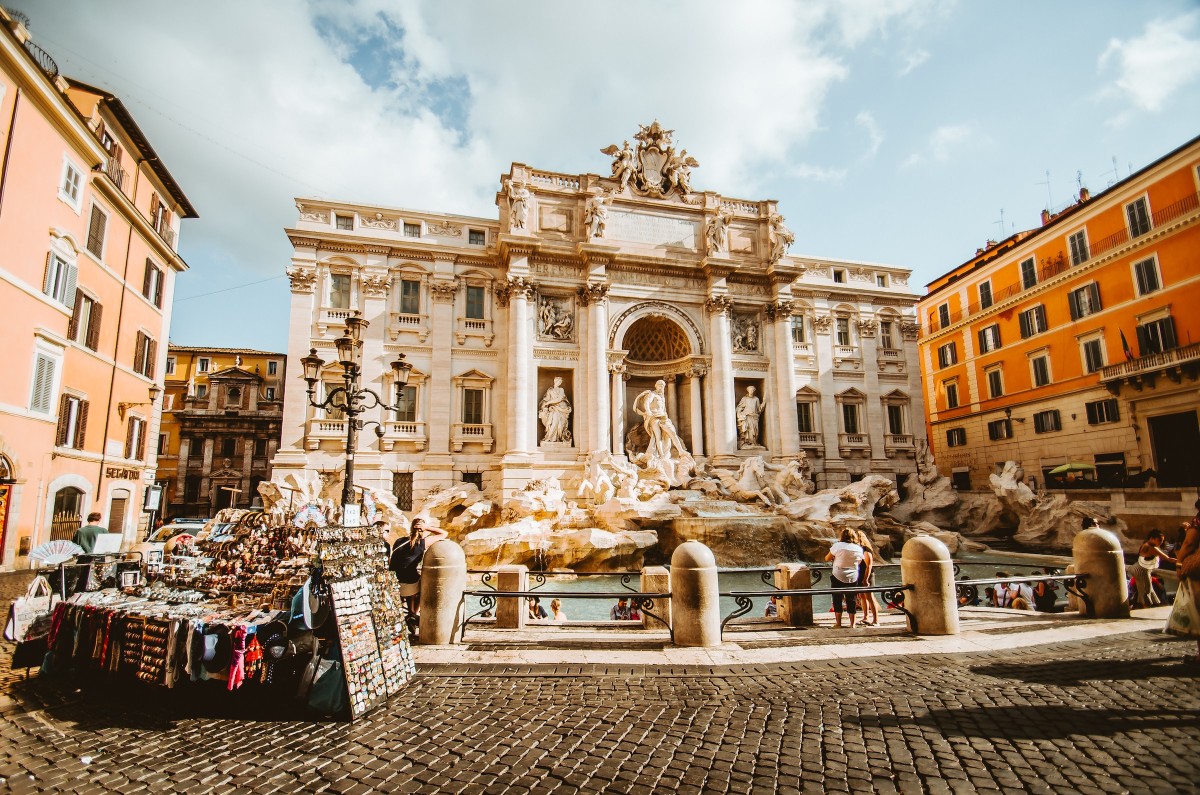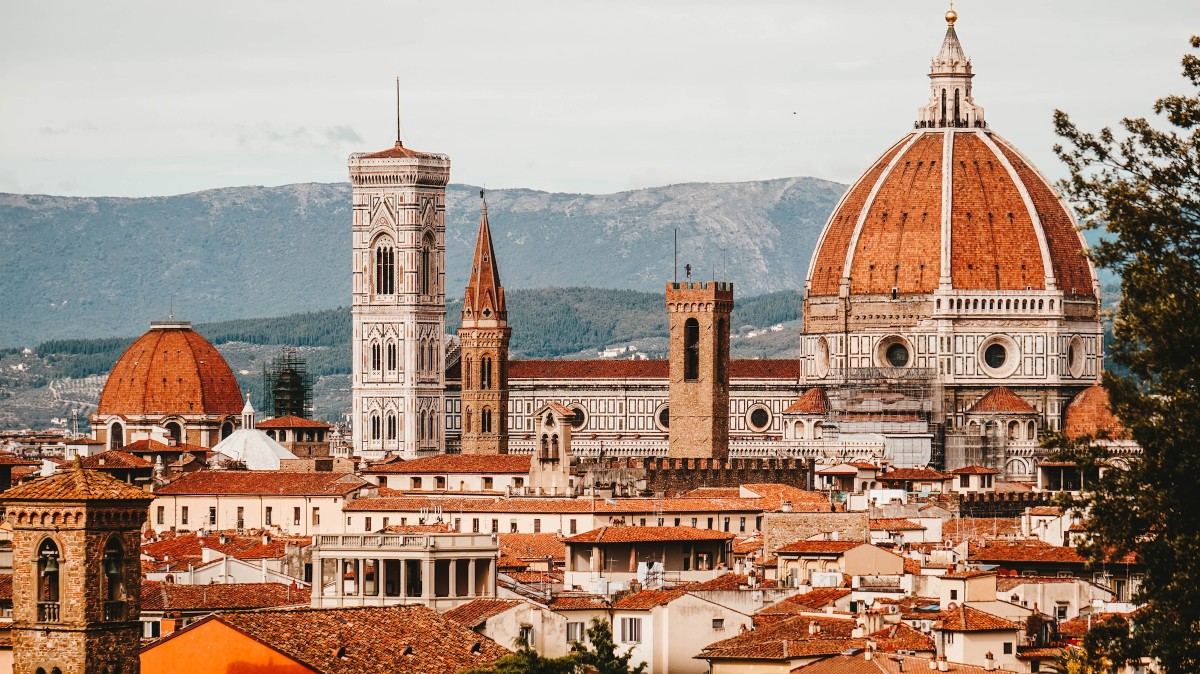
Following extensive consultations with mayors, hotel owners, and tenants' associations, Italy's tourism ministry recently published the initial version of a proposed legislation aimed at regulating short-term tourist rentals in Italy, including those facilitated by Airbnb, nationwide. This draft bill primarily addresses mounting apprehensions regarding the adverse impact of Italy's thriving tourist rental industry on the availability of affordable housing in major Italian cities. Could Italy ban Airbnb rentals? Let’s find out more about how Italy plans to restrict Airbnb rentals.
How Italy plans to restrict Airbnb rentals
The proposed bill is reportedly aimed at partially addressing the persistent issue of overcrowding in numerous tourist destinations across Italy. However, it is important to note that the bill is still in its early stages and has a long way to go before it becomes a law, with further amendments expected in the future. Nevertheless, if implemented, the decree is anticipated to bring about significant changes in the tourist rental market, impacting both property owners and renters. As a result, it has sparked a widespread debate throughout Italy.
While some individuals appreciate the introduction of nationwide legislation, as the current regulation of Italy's short-term rental market relies solely on local ordinances, the bill has also faced criticism. Advocates for affordable housing, in particular, argue that the regulations proposed in the bill do not go far enough to address their concerns.
Which types of rentals are affected?
The planned "decreto affitti brevi" (short-term rentals decree) in Italy aims to tighten regulations on short-term rental accommodation, as the name suggests. According to Italian law, any rental period lasting 30 days or less falls under the category of short-term lets. Consequently, this decree is due to affect a wide range of tourism rental businesses, encompassing platforms such as Airbnb as well as villa rentals.
The upcoming legislation is poised to create a significant ripple effect in Italy, a country that possesses the world's third-largest market for short-term rentals, trailing only behind the United States and France. Based on the most recent data from the holiday rental analytics site AirDNA, Rome and Milan currently boast the highest number of available short-term rentals, with 19,777 and 17,319 listings respectively.

Could Italy ban Airbnb rentals?
Currently, Italy is not planning to completely ban Airbnb rentals. For the moment, the decree has 2 main points in order to limit Airbnbs in Italy: the implementation of a minimum stay requirement of two nights and the introduction of a new identification code system for property listings.
The minimum stay duration of two nights will be applicable to short-term rentals across all 14 metropolitan cities in Italy, namely Bari, Bologna, Cagliari, Catania, Florence, Genoa, Messina, Milan, Naples, Palermo, Reggio Calabria, Rome, Turin, and Venice. Additionally, the draft bill specifies that this requirement will also extend to any comune (municipality) characterised by a high or very high 'tourist density index,' as determined by the national statistics office, Istat.
The introduction of the two-night minimum stay is primarily intended to encourage longer visits and discourage what is commonly referred to as 'hit and run' tourism, involving very brief stays. Italian authorities believe that such short stays contribute to overcrowding in popular areas. Consequently, this change implies that individuals planning a one-night visit would be restricted to booking accommodation in a hotel, provided they can find one with availability.
Interestingly, the decree includes a provision that exempts "large families" from the minimum stay requirement. The definition of large families, as per the decree, entails at least one parent and three children. However, it remains unclear how the verification of a family's composition would be conducted or how this rule would be enforced. On top of this, rentals in towns with a population of fewer than 5,000 residents would be automatically exempt from restrictions.
Moreover, the decree mandates that all types of short-term accommodation establishments (such as B&Bs, holiday homes, and short-term lets) must possess a national identification code known as the "codice identificativo nazionale" (CIN), replacing the current requirement of a regional identification code (codice identificativo regionale or CIR).
The decree emphasises that this new "uniform regulation at a national level" aims to address the concerns associated with excessive tourism and to protect the residential nature of historical centres, thereby preventing their depopulation. Owners or property managers are already expected to include their property's CIR code on the accommodation website and in all online listings, including platforms like Airbnb.
Fines for those who don’t follow the rules
Additionally, the decree introduces the possibility of fines for property owners and rental platforms that fail to comply with the regulations. Property owners who do not adhere to the rules could face fines of up to 5,000 euros, while sites that do not ensure the display of identification codes on their listings may be subject to fines of up to 3,000 euros. However, it is reported that the responsibility for enforcing these fines would be delegated to the local authorities of each town or city.
Tighter local restrictions being introduced in some areas
Separately from the planned national regulations, some of the Italian cities and regions most loved by visitors are planning to further restrict tourist lets. In Florence, progress towards implementing stricter regulations is already underway, with Airbnb rentals being restricted in UNESCO areas of the city. Mayor Dario Nardella revealed during a recent press conference that the municipality plans to introduce a resolution aimed at restricting new tourist accommodations within the city's historic centre.
The allure of lucrative holiday rentals in the capital of Tuscany has prompted numerous homeowners to vacate their residences and convert them into short-term lets, leading to a decline in the city's permanent residents. Nardella highlighted that the issue has become "systemic," acknowledging that the proposed regulation is bold. However, he expressed confidence in the legal viability and defensibility of the measure.
